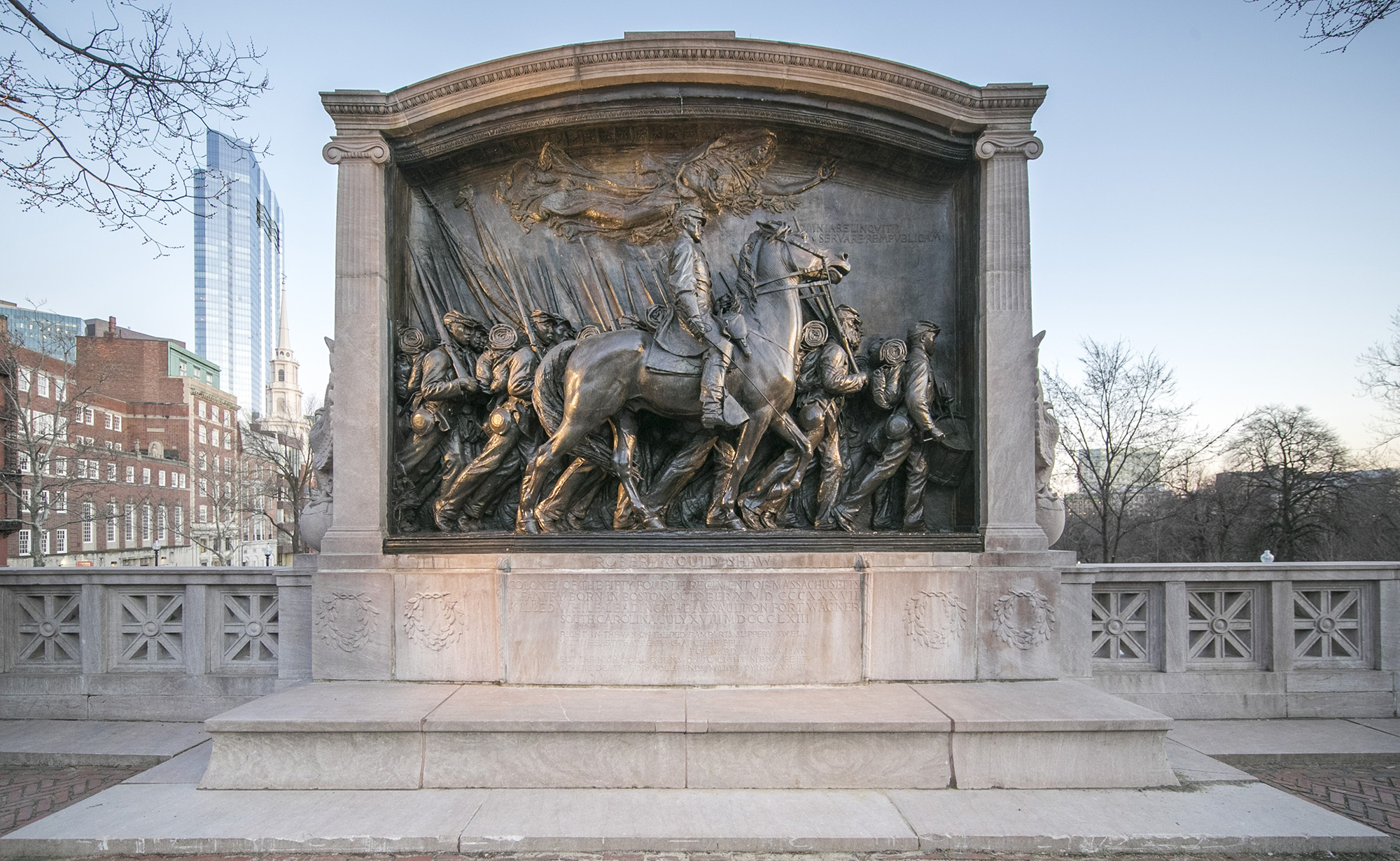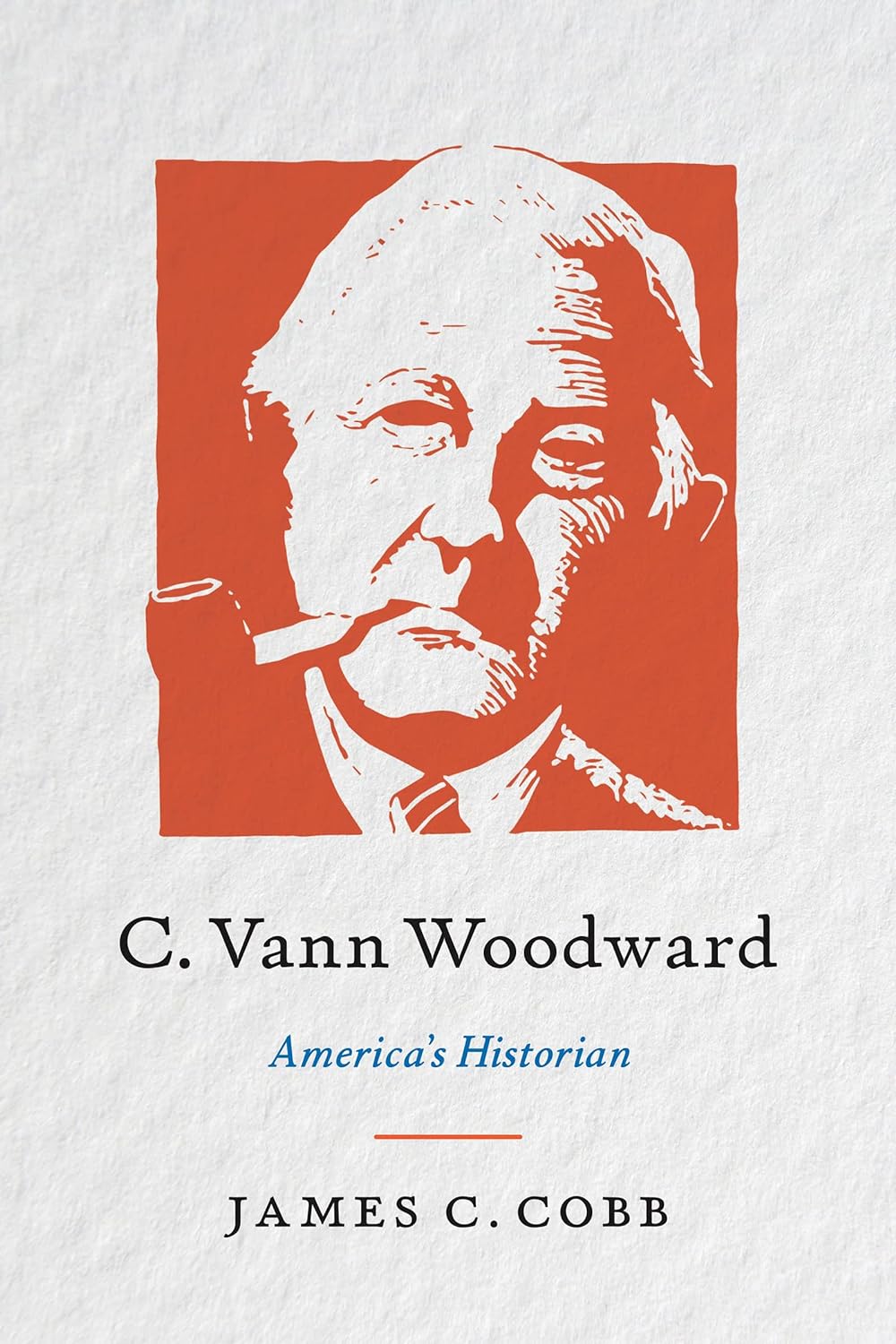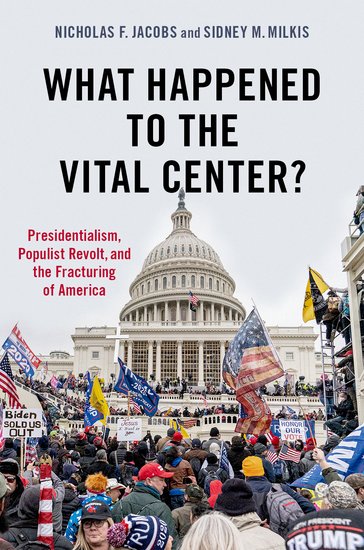In this episode Stan brings out the crying towel and reviews the quick end to a glorious Braves season, offers his take on how to “fix” the playoffs, and looks ahead to next season.

In this episode Stan brings out the crying towel and reviews the quick end to a glorious Braves season, offers his take on how to “fix” the playoffs, and looks ahead to next season.
This week Stan’s guest is Kevin Levin, author of the Civil War Memory Substack blog and one of the country’s foremost experts on the history and memory of the Civil War era, including the ongoing controversy surrounding Confederate monuments and debates concerning the teaching of slavery and race in the classroom.

Stan’s guest this week is Dr. Jim Cobb of the University of Georgia, talking about his new biography of historian C. Vann Woodward, one of the most distinguished and important historians of the 20th century.

Stan’s guest this week is political scientist Sidney Milkis of the University of Virginia, who discusses his new book, What Happened to the Vital Center? Presidentialism, Populist Revolt, and the Fracturing of America. This is a wide-ranging discussion about American political history and the US Constitution.

Check out this new video series from Off the Deaton Path where GHS’s Stan Deaton will explore the theme of the 2023-2024 Georgia History Festival: Governing Georgia Across Three Centuries. In part one of this series, Dr. Deaton talks about why we have government.